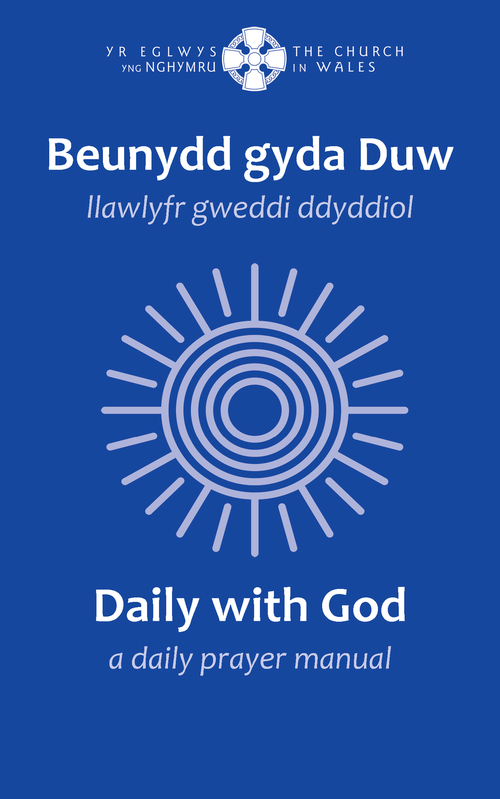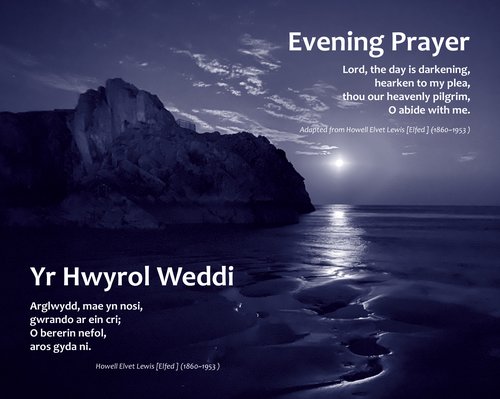Daily with God

Ainsley Griffiths introduces a new daily Prayer Guide, published on St Davids Day by the Church in Wales
I am writing this with a wonderful view facing me in the garden - cheerful carpets of crocuses, primroses, snowdrops and daffodils announcing that longer and warmer days are about to come. It is also Ash Wednesday, a period of fasting and discipline but also a time of gleeful spiritual renewal, a ‘spring for the soul’. Thank goodness, our weak self-denial is not at the heart of Lent. Rather, opening ourselves to that which God wants to do in us should take our attention: co-operating with the Lord’s gracious work among us.
In that matter, prayer has a central place. But how should we pray? As Christians who belong to a liturgical church we do not need to search for the correct words to voice the desires of our hearts as centuries of faithful people have already crafted prayers which are full of depth and significance. In order to open doors to this variety of treasures the Statutory Advisory Liturgical Commission have prepared a wonderful collection of materials in a small bilingual volume. With the title Beunydd gyda Duw/Daily with God, this is a prayer manual which attempts to introduce something of the richness of our liturgical tradition to people across the Church in Wales (and beyond).
The aim is to encourage people to ‘"practise words which have been worn into smooth and blessed forms by constant use over the ages" ( as quoted from the introduction to the volume by Bishop Gregory of St Asaph.) It includes simple versions of Morning Prayer, Evening Prayer and Evensong, as well as many classical prayers which are dear to Anglicans and many treasures from the Welsh spiritual tradition. One example is a quotation from Llyfr Du Caerfyrddin (the Black Book of Carmarthen) which opens the Morning Prayer section. As we recite these words, taken from the earliest collection of Welsh poetry (from the thirteenth century), we unite with the believers from ages past:

Cyntaf air a ddywedaf y bore pan gyfodaf, Croes Crist yn wisg amdanaf (The first word I utter in the morning when I rise, Christ’s Cross about me)
Also, a Welsh feel in the volume is shown by the inclusion of striking pictures which reflect the beautiful variety of our national landscape.
The volume was published on St David’s day and copies can be ordered through the provincial website of the Church in Wales. It was launched at an international reception at the Senedd on Wednesday, March 6th and some of the prayers were used in the National Prayer Breakfast the following morning.
Copies will also be for sale in the Governing Body meeting in April.
“Pray without ceasing” (1 Thessalonians 5:17)